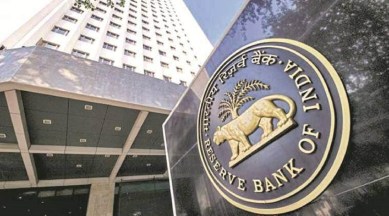Reserve Bank to permit default loss guarantee arrangements in digital lending
First loss default guarantee (FLDG) is a lending model between fintech firms and their partner banks and non-banking finance companies where the initial hit on a default is taken by the fintech firm that originated the loan.

The Reserve Bank of India (RBI) will put in place a regulatory framework to permit default loss guarantee arrangements for digital lenders, it said on Thursday.
First loss default guarantee (FLDG) is a lending model between fintech firms and their partner banks and non-banking finance companies where the initial hit on a default is taken by the fintech firm that originated the loan.
In guidelines issued in 2022, the RBI had indicated it was not in favour of such arrangements since they could encourage lenders to take on undue risk.
However, the proposed regulatory framework is “in tune with our objective of maintaining a balance between innovation and prudent risk management,” the RBI said in the Statement on Developmental and Regulatory Policies.
The move comes after extensive consultations with various stakeholders and detailed guidelines will follow, the RBI said.
Separately, the RBI also proposed to issue a “comprehensive” regulatory framework governing compromise settlements and technical write-offs for all its regulated entities.
This framework, the central bank said, will also rationalise the existing prudential norms to implement resolution plans in respect of exposures affected by natural calamities.